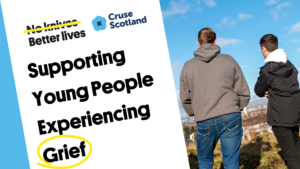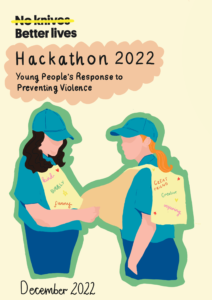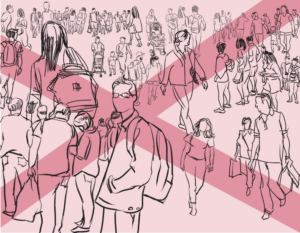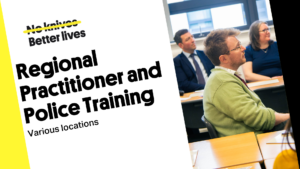NKBL In Polmont
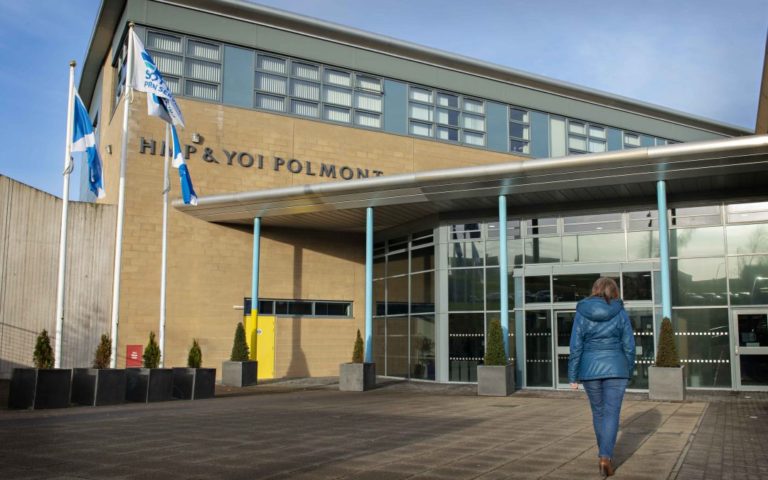
I am a Sergeant in Police Scotland and have completed 29 years police service in a variety of mostly front-line roles. In April 2015, I took up a newly created post within the existing SPS Community Safety Department at HMP & YOI Polmont working with young people aged 16-22, with the joint aims of reducing the frequency / severity of offending and breaking down barriers between Police and young people
Following extensive research, I developed and introduced the Teambuilding & Leadership Course to the establishment to address the underlying causes behind offending and to provide participants with the tools to become confident individuals, effective contributors, successful learners and responsible citizens. In turn this empowers young people to make informed decisions and avoid the type of behaviours that typically bring them into conflict with the police and other authorities.
I worked with a number of key partners including No Knives Better Lives, employing techniques and materials suggested and provided by them to help achieve our joint aims. I am positive that without these partners my engagement with young people would not have been as effective.
Using the key prevention messages of reassurance, responsibility, risks and resilience it is possible for my team and me to engage young people in a more effective manner. This gives the young people confidence that it’s not ‘normal’ for people to carry knives and other weapons, it’s ok to speak about (and report) violence, which again isn’t ‘normal’, you’re more at risk if you carry a weapon and how you can have the confidence needed to not carry a weapon.
I have found that many of the reasons that people give for carrying a weapon are rooted in what they experience while growing up. NKBL, among others provided me with training, research and feedback and helped me develop a better understanding of the nature of offending by young people and turned my thinking on its head. This then influenced the content of modules and took cognisance of development of the adolescent brain, learning difficulties and disabilities, trauma bereavement and loss and Adverse Childhood Experiences.
The activity is really well received by young people with most self-referring due to the positive feedback of previous participants. It has been extensively evaluated and this shows that perceptions about police among those taking part are significantly more positive post intervention, indicating that barriers are being broken down and perceptions about participants own future are significantly more positive post course.
As a result I have learned a great deal about offending behaviour and how our responses can either help or hinder outcomes for individuals. Behaviours that people might display typically include negative self-regulating behaviours – lashing out/substance misuse/self-harm, aggression, disruptive or anti-social behaviour and distressed behaviours triggering enduring fight or flight responses. I consider it extremely important that people in a position of authority do not take these behaviours personally and display empathy and professionalism. Instead of rushing to take punitive action we should vigorously seek alternatives to confrontation and whenever possible allow the situation to calm before taking action.
